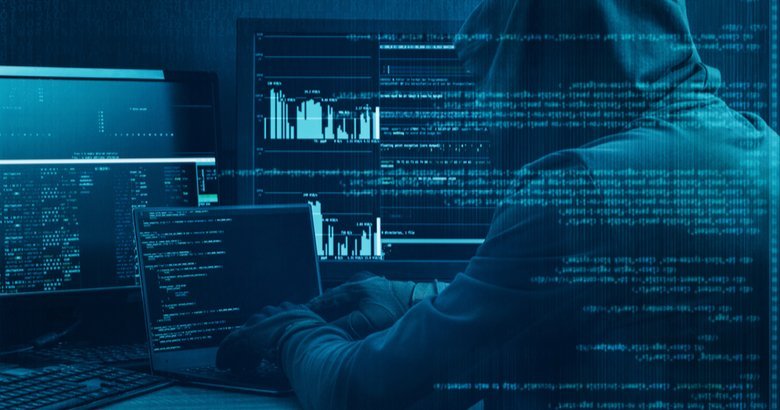September 9, 2020
Technological advancements often make small changes in our daily lives but 5G could prove to be more challenging than first thought. It is commonly known that technology can enhance both law enforcement and threat actors at the same time and it seems like this will definitely be the case with 5G tech as well. While many are celebrating it for the promises of high-speed internet and fast data transfers, others are worried because it can be used in many different ways. Data fragmentation is just one of many concerns security agencies have with this new technology and companies that focus on cybersecurity will be tested in the time that is coming.
- High Bandwidth
It is estimated that 5G will exceed speeds of 1 Gbps at the early stages. Some suggest that these speeds could go up by 5-10 Gbps as soon as development on this new tech begins to unfold. This could slow down automated intelligence because the intercepted data will come in larger quantities making the collection, processing, storage, decoding, and analysis of intercepted data that much harder. Finding a reliable web intelligence platform will become mandatory once 5G becomes commercially used worldwide.
- A variety of Architecture and Deployment Options
5G is advertised as an advanced technology that supports many different architectures including Non-Standalone Architecture options. It can combine LTE and 5G Radio connected to a single Packet Core (EPC or 5GC) networks, and Standalone Architecture options based on single Radio and single Packet Core networks. All of this makes an impact on a lawful interception and puts even more pressure on security agencies all over the world.
- New Network Protocols
The new 5G Packet Core (5GC) introduces a set of new network protocols as well as new LI Handover Interfaces and Vendor LI Interfaces. This means that monitoring centers will need to adapt and improve their approach in order to collect the right data and process it in a timely manner.
- NFV – Network Function Virtualization
Passive and active interception, including interception of inter-host traffic, will be challenged due to network function virtualization. The introduction of this new architecture implies that lawful interception processes will need to adapt to this new environment. Again, finding a reliable AI-based service provider will be of great importance. These changes will find many unprepared for a completely new frontier of cybersecurity.
- The transition period from 4G to 5G
What is almost always overlooked, is the transition process between the two technologies. 4G finds itself on the exit but not every country in the world will launch 5G support at the same time. This transition period can take months and even years, so security agencies will have to be prepared to collect data through both networks at the same time. While 5G will be taking the world by storm, security agencies, law enforcement, and regulatory bodies will have to work closely together to find the best and easiest way to make it through this transition period and prepare for what is to come.
It is now more than clear that 5G will cause as many problems as any other technological advancement we have had in the past. This time it will only become more complex due to high-speed communication and data size. Things like web fingerprint reconstruction, data processing, and data collection will become harder because there will be a lot more data than ever before. 5G will change the way we communicate with each other but it will also allow threat actors to find new ways of communication. Security agencies need to stay on top of the game and partner with reliable companies that offer real-world solutions today. 5G is not a thing from the distant future, it is a technology that is on our doorstep and it is our responsibility to welcome it prepared.
Share:

Request a Demo
"*" indicates required fields